Makeup has become an essential part of many people’s daily routines. Still, people are often negligible with the ingredients list mentioned on those products and end up buying something that is not appropriate. You might be aware of what should include in your skincare but do you realize what should not include in your skincare? Like me, you people also have many beneficial skincare products but it’s high time that we know the ingredients that are not skin-friendly and choose our skincare and makeup accordingly. However, with the increasing awareness of ingredients and their potential effects on health, the question of makeup safety has become more prominent. In navigating this concern, understanding the distinction between natural and scientific formulations, as well as the balance between nature and science, is crucial. Here’s a guide to help you determine if your makeup is safe.
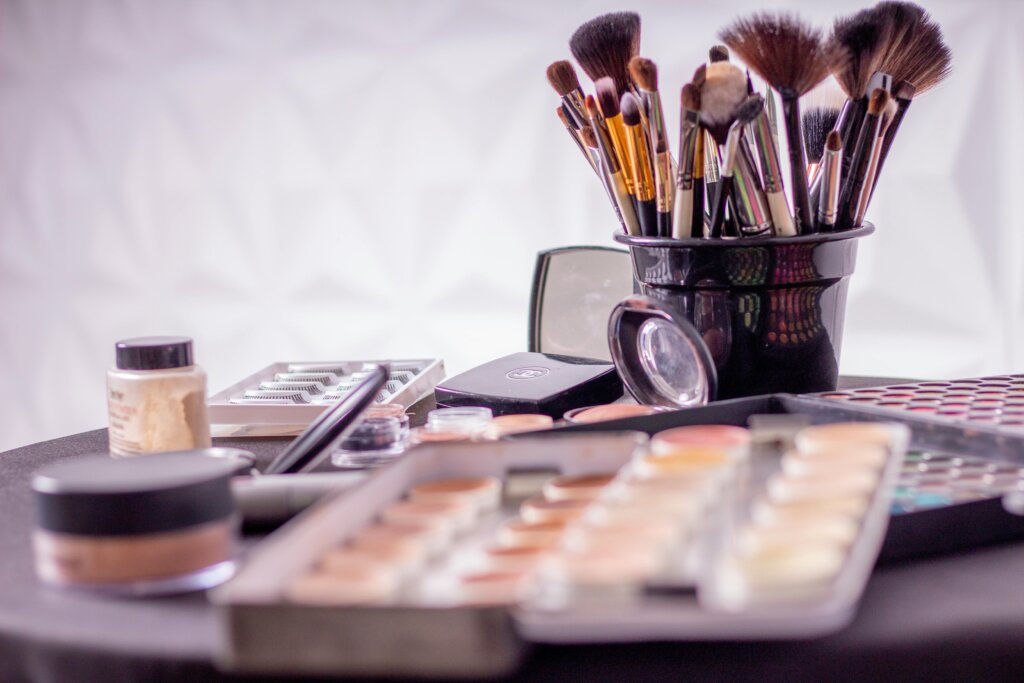
Is Makeup Safe?
The safety of makeup depends on various factors, including the ingredients used, manufacturing processes, and individual sensitivities. While cosmetics are generally considered safe for use, certain ingredients may pose risks, such as allergic reactions, skin irritation, or long-term health effects.
While we are busy concealing our imperfections with foundations and concealers, we neglect the fact about the ill effects of chemicals and harmful preservatives on the skin.
To ensure the safety of your makeup products, it’s essential to read labels carefully and familiarize yourself with common allergens or harmful substances. For instance, popular cosmetic ingredients such as sodium benzoate, propylene glycol, and several other acids, parabens, and sometimes even carcinogenic compounds present in our makeup, cause allergic reactions on most skin types. Look for reputable brands that prioritize safety and quality in their formulations. Additionally, consider conducting patch tests before using new products, especially if you have sensitive skin or known allergies.
Is Organic Makeup the Same as Natural Makeup?
Organic and natural makeup are often used interchangeably, but they’re not necessarily the same. Organic makeup refers to products made with ingredients derived from organic farming practices, free from synthetic pesticides and fertilizers. On the other hand, natural makeup contains ingredients sourced from nature, but they may not be certified organic.
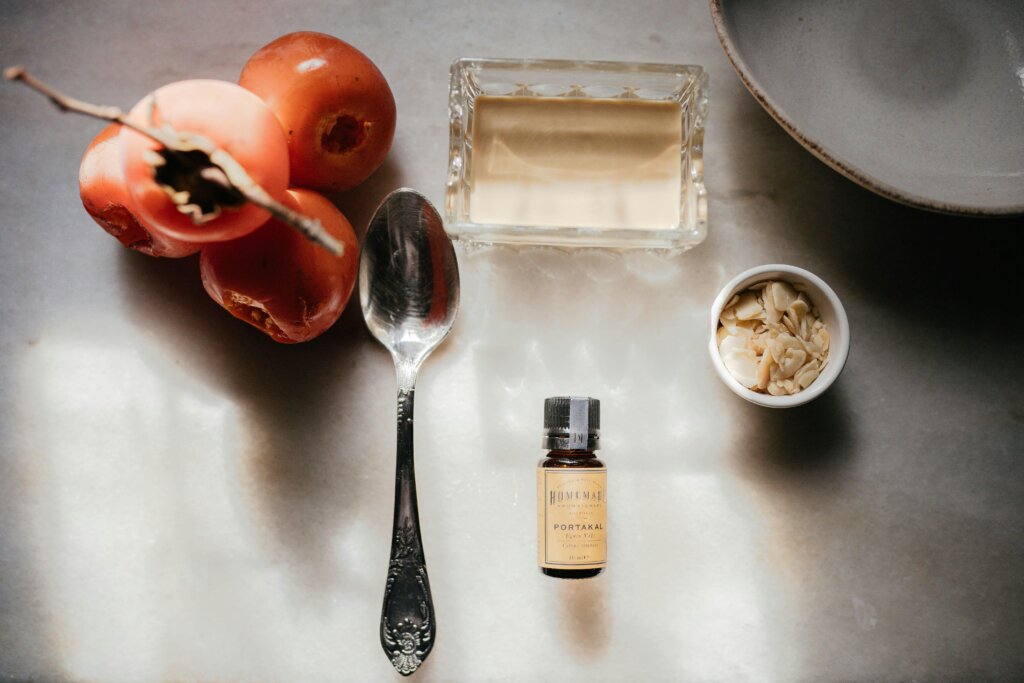
Presenting the truth to the consumer lies in the hands of brands today and very few brands are choosing to take that honest path of not over-claiming or over-promising on what their product can deliver to their consumers.
While organic and natural makeup can be appealing for their perceived purity and environmental benefits, it’s our duty too to recognize that not all natural ingredients are inherently safe. Some natural substances can still cause allergic reactions or irritate the skin. Therefore, whether a product is organic or natural doesn’t guarantee its safety; thorough ingredient scrutiny is still necessary.
Balance of Nature and Science
Makeup and skincare are a part of our daily lives for both men and women. In recent years, there has been a shift towards formulating makeup products that strike a balance between nature and science. Currently, we are inclining more towards Vegan brands or Vegan beauty.
Natural ingredients like plant extracts, oils, and minerals offer skincare benefits and can provide nourishment to the skin. However, integrating scientific innovation allows for improved stability, texture, and performance of these natural formulations. For example, advanced extraction techniques preserve the potency of plant extracts, while sophisticated emulsifiers ensure product consistency and longevity.
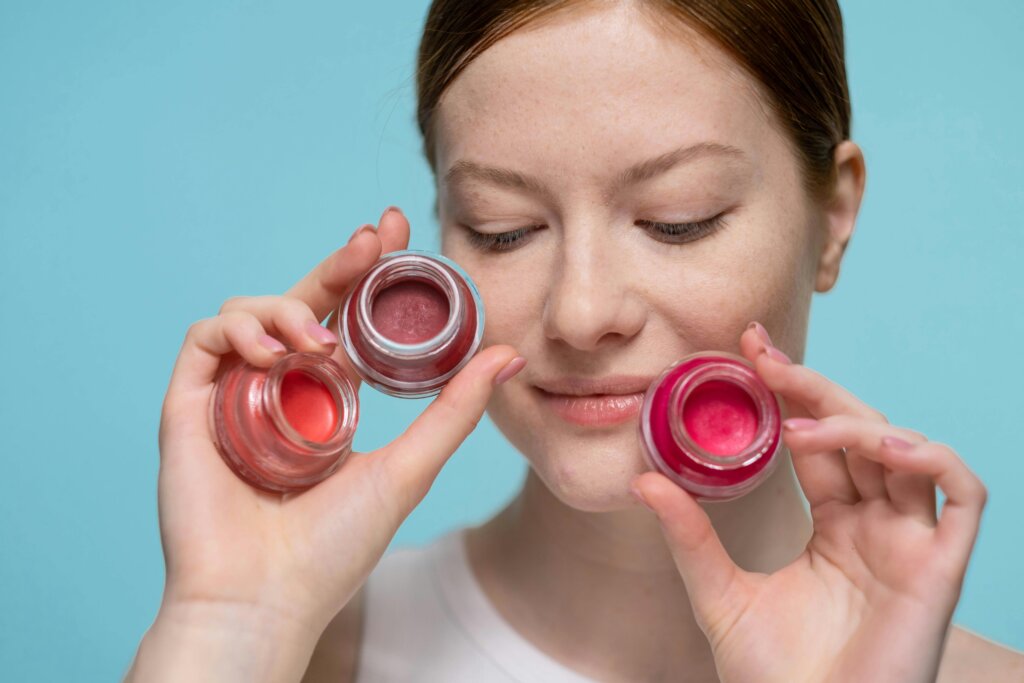
Natural and Scientific Formulas
When evaluating makeup products, consider the formulation approach employed by the brand. Some companies prioritize natural formulations, using primarily plant-based or mineral ingredients with minimal synthetic additives. Others opt for scientifically driven formulations, incorporating cutting-edge technologies and ingredients backed by research for optimal results.
Ultimately, the safety of makeup products lies in the careful selection of ingredients and adherence to rigorous quality standards. Look for brands that are transparent about their ingredient sourcing and manufacturing processes, and prioritize consumer safety and satisfaction.
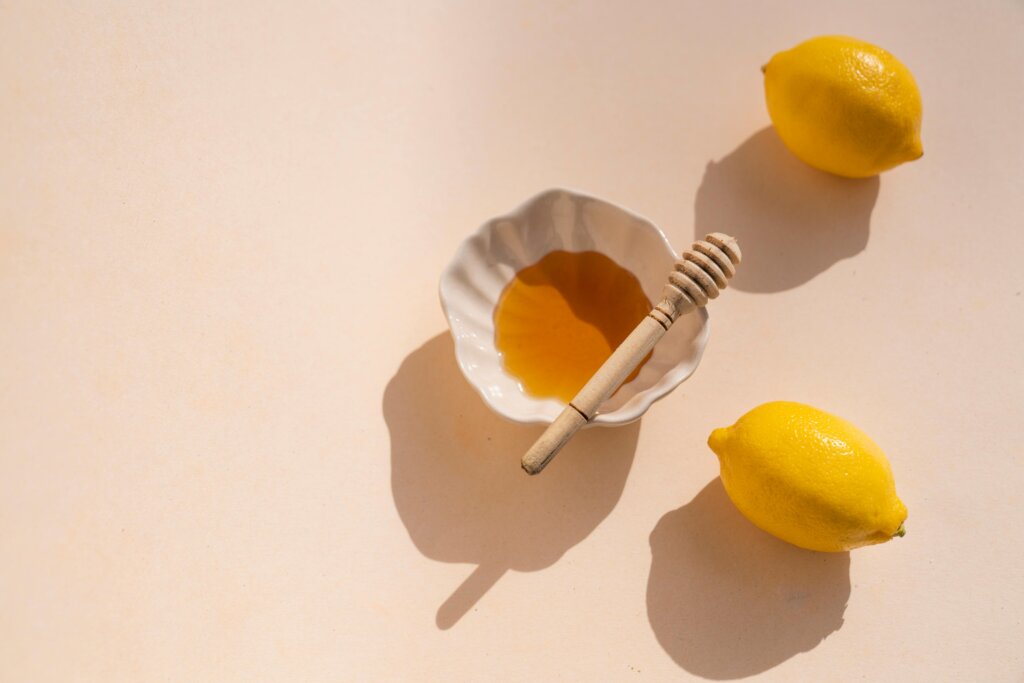
8 ingredients that your beauty products should NOT include:
- Alcohol: Alcohol can be drying and irritating to the skin, leading to inflammation and sensitivity.
- Oxybenzone: This chemical commonly found in sunscreens can disrupt hormone function and cause allergic reactions. It’s better to use mineral or physical sunscreens as their formulations contain titanium dioxide or zinc oxide that protects you by deflecting the sunlight.
- Parabens: This is probably the most common culprit that you’ve heard of, even if you’re a beauty novice. Parabens, which have links to hormonal disruption and potential carcinogenic effects, are preservatives.
- Formaldehyde: Formaldehyde is a known carcinogen that can cause skin irritation and allergic reactions.
- Talc: This is the well-known ingredient in most of our makeup products. Talc can lead to respiratory issues and may contain harmful contaminants like asbestos.
- Phthalates: Phthalates, which soften plastics, are often present in fragrances and nail polishes. They serve as binding agents, solvents, and preservatives in products like hair sprays, perfumes, deodorants, shampoos, gels, and lotions, and have been linked to reproductive and developmental issues.
- Fragrances: Another ingredient that tends to develop allergies. Synthetic fragrances can contain hundreds of potentially harmful chemicals, including allergens and irritants.
- Heavy metals: Heavy metals like lead, mercury, and arsenic can accumulate in the body over time and cause serious health problems, including neurological issues and organ damage.
In conclusion, ensuring that your makeup is safe involves a discerning approach that considers both natural and scientific aspects. By understanding the nuances between organic and natural makeup, you can make informed choices that prioritize both your health and beauty preferences. Remember to prioritize products that align with your values and prioritize safety above all else. Beautyspade wants to spread awareness about makeup safety.
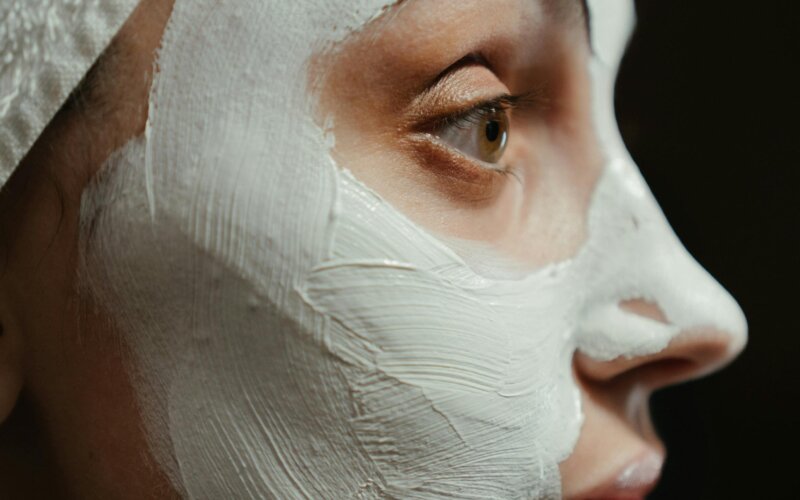
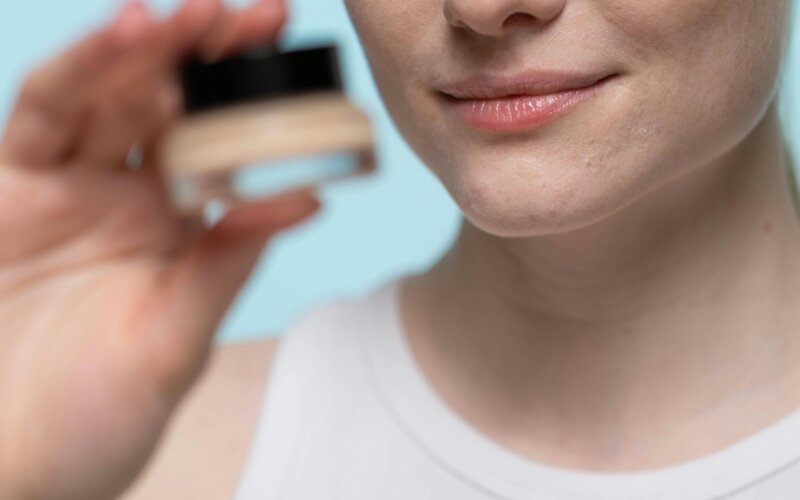
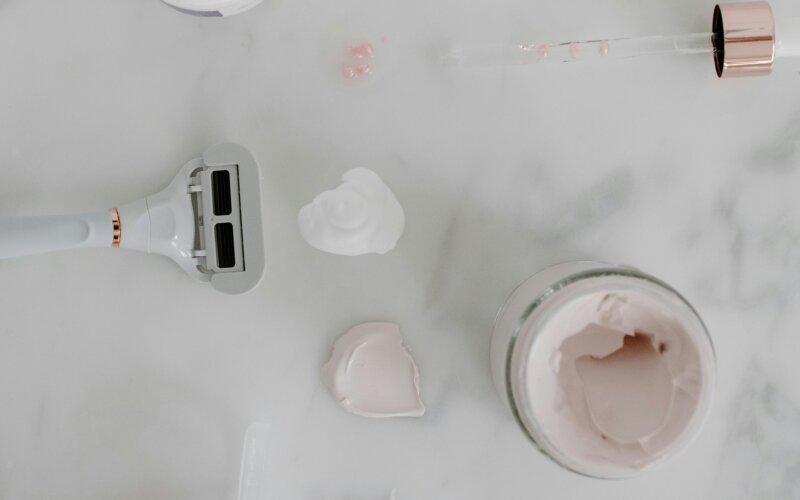
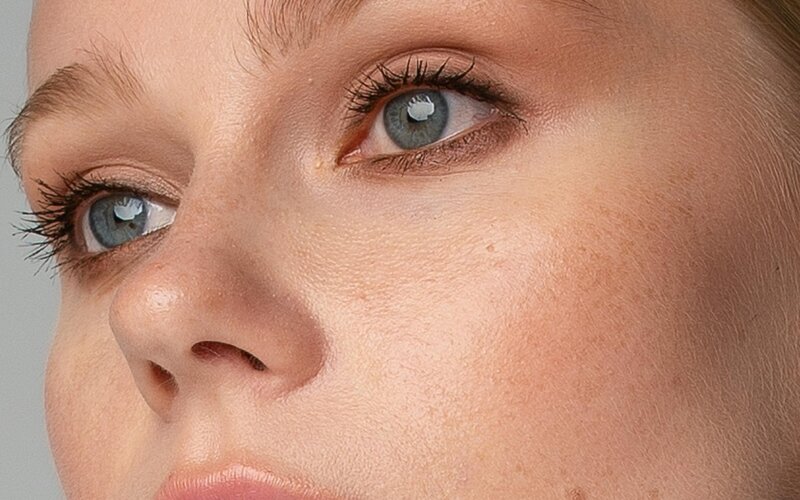
2 Replies to “How to know if your makeup is safe?”